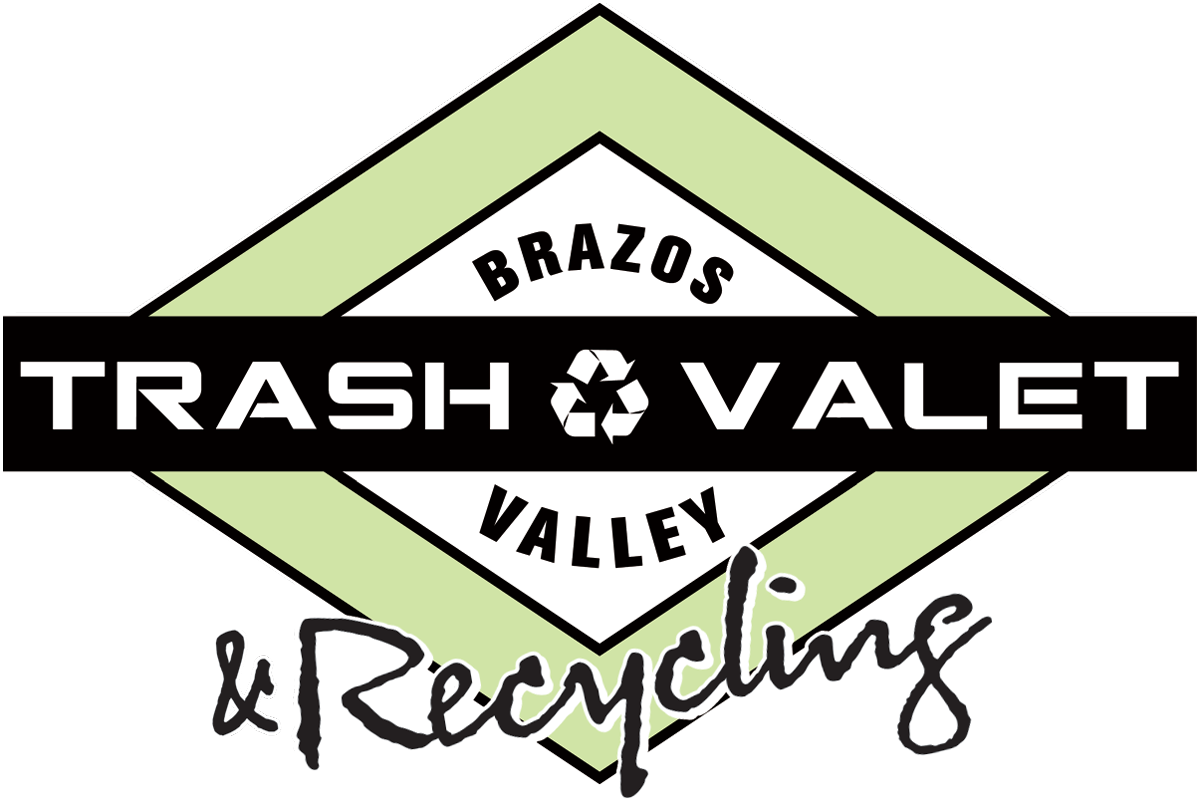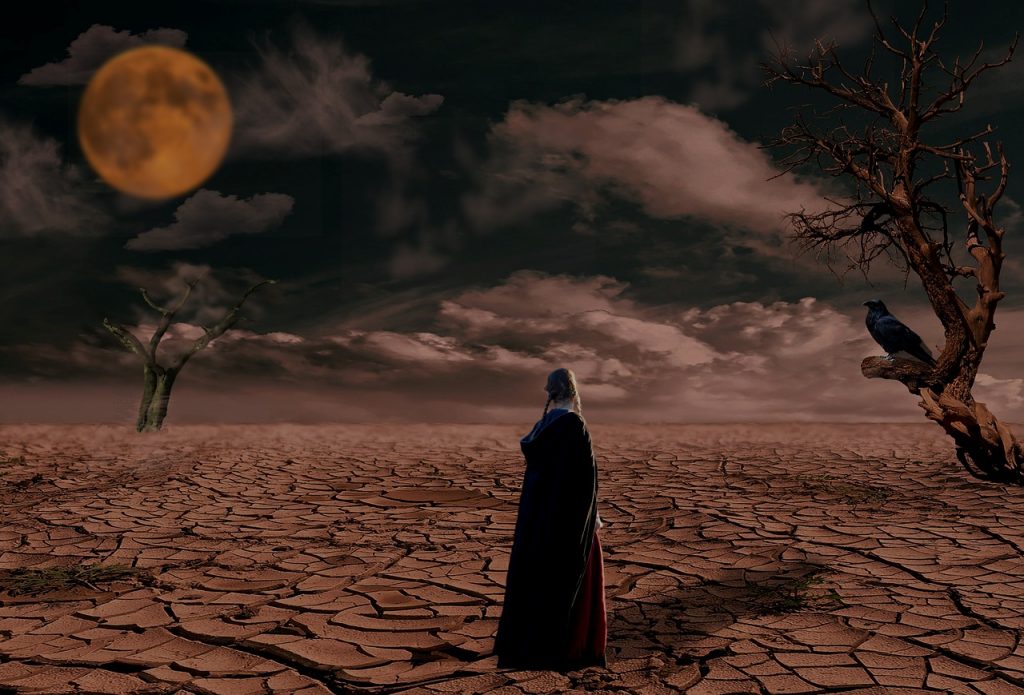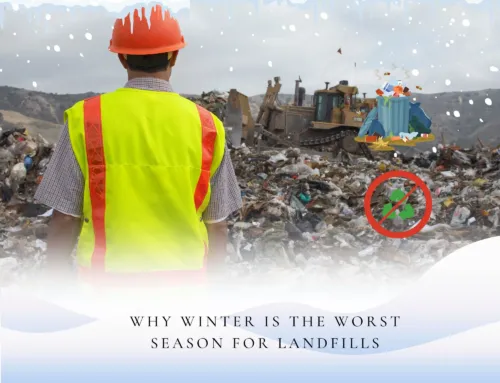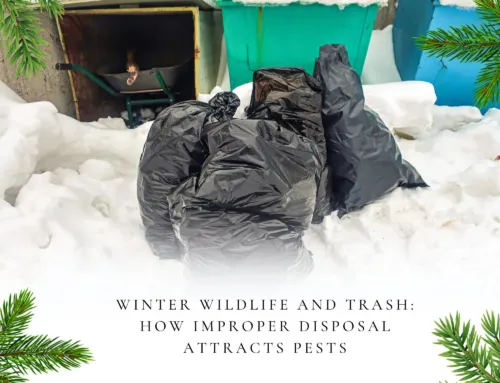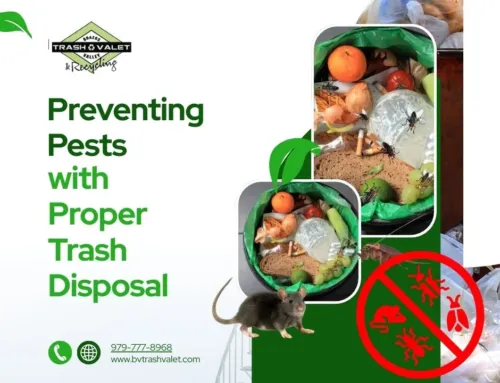The Environmental Impact of Our Waste
We hear all the time that waste has an impact on the environment. Words like “ozone” are thrown around, as well as images of fish and ducks stuck inside plastic packaging. We know that plastic is non-biodegradable, and that can be a problem when it comes to waste disposal. But what are the specifics? What exactly is the impact of too much packaging, or failing to recycle, and how has recycling helped? The environmental impact of our world’s waste disposal isn’t some far off thing. It’s very real and it’s happening every day.
Air Pollution
This is one of the most frequently discussed impacts. Many waste disposal items, like plastics, release chemicals into the air as they decompose, and those chemicals can have disastrous impacts on our air quality. The earth is surrounded by an ozone layer, which protects the earth from the sun, but chemicals like methane gases, released from garbage dwelling in landfills, can wear down the ozone layer. This is the biggest concern when it comes to climate change. Some of these chemicals can even be a key player in acid rain. By recycling, not only do you prevent these waste items to sit in a landfill releasing chemicals like this into the air, but production companies will need to create less materials, offering much needed relief to the world’s air quality.
Species Extinction
The more non-biodegradable waste we have that isn’t recycled, the more we need places to house them. As landfills are created, many species lose their natural habitats and find themselves displaced. Garbage is also frequently dumped into the ocean, releasing toxins into the water which can poison many of the inhabitants that live there. Because of this, many species have become endangered or extinct, and we have less and less biodiversity. It’s too late to bring back the many species that we’ve lost, but the more we recycle, the less need there will be for landfills and ocean garbage patches, in order to protect the remaining biodiversity.
Soil Contamination
Sometimes those hazardous chemicals or toxins coming from waste can seep into the soil and harm plants growing there. Not only is this harmful to the life of the plants, but when humans harvest those plants and eat them, it can be harmful to our health. On the other hand, certain wastes like food waste, can be turned into mulch and can have a very positive impact on soil and plant growth.
Taking care of the world and our environment is important, but failing to take care of it can have dire consequences not just on plants and animals but on humans themselves. That’s why it’s essential to start recycling and managing waste disposal more efficiently. If you’re in Brazos Valley outside of Bryan-College Station city limits, Brazos Valley Trash Valet offers recycling of all types of plastics, as well cardboard, bottles, cans, and paper. We use a single stream recycling service that allows us to accept more materials than our competitors. Contact us today to sign up for a curbside trash subscription with free recycling.
Share This Story, Choose Your Platform!
The Environmental Impact of Our Waste
We hear all the time that waste has an impact on the environment. Words like “ozone” are thrown around, as well as images of fish and ducks stuck inside plastic packaging. We know that plastic is non-biodegradable, and that can be a problem when it comes to waste disposal. But what are the specifics? What exactly is the impact of too much packaging, or failing to recycle, and how has recycling helped? The environmental impact of our world’s waste disposal isn’t some far off thing. It’s very real and it’s happening every day.
Air Pollution
This is one of the most frequently discussed impacts. Many waste disposal items, like plastics, release chemicals into the air as they decompose, and those chemicals can have disastrous impacts on our air quality. The earth is surrounded by an ozone layer, which protects the earth from the sun, but chemicals like methane gases, released from garbage dwelling in landfills, can wear down the ozone layer. This is the biggest concern when it comes to climate change. Some of these chemicals can even be a key player in acid rain. By recycling, not only do you prevent these waste items to sit in a landfill releasing chemicals like this into the air, but production companies will need to create less materials, offering much needed relief to the world’s air quality.
Species Extinction
The more non-biodegradable waste we have that isn’t recycled, the more we need places to house them. As landfills are created, many species lose their natural habitats and find themselves displaced. Garbage is also frequently dumped into the ocean, releasing toxins into the water which can poison many of the inhabitants that live there. Because of this, many species have become endangered or extinct, and we have less and less biodiversity. It’s too late to bring back the many species that we’ve lost, but the more we recycle, the less need there will be for landfills and ocean garbage patches, in order to protect the remaining biodiversity.
Soil Contamination
Sometimes those hazardous chemicals or toxins coming from waste can seep into the soil and harm plants growing there. Not only is this harmful to the life of the plants, but when humans harvest those plants and eat them, it can be harmful to our health. On the other hand, certain wastes like food waste, can be turned into mulch and can have a very positive impact on soil and plant growth.
Taking care of the world and our environment is important, but failing to take care of it can have dire consequences not just on plants and animals but on humans themselves. That’s why it’s essential to start recycling and managing waste disposal more efficiently. If you’re in Brazos Valley outside of Bryan-College Station city limits, Brazos Valley Trash Valet offers recycling of all types of plastics, as well cardboard, bottles, cans, and paper. We use a single stream recycling service that allows us to accept more materials than our competitors. Contact us today to sign up for a curbside trash subscription with free recycling.
